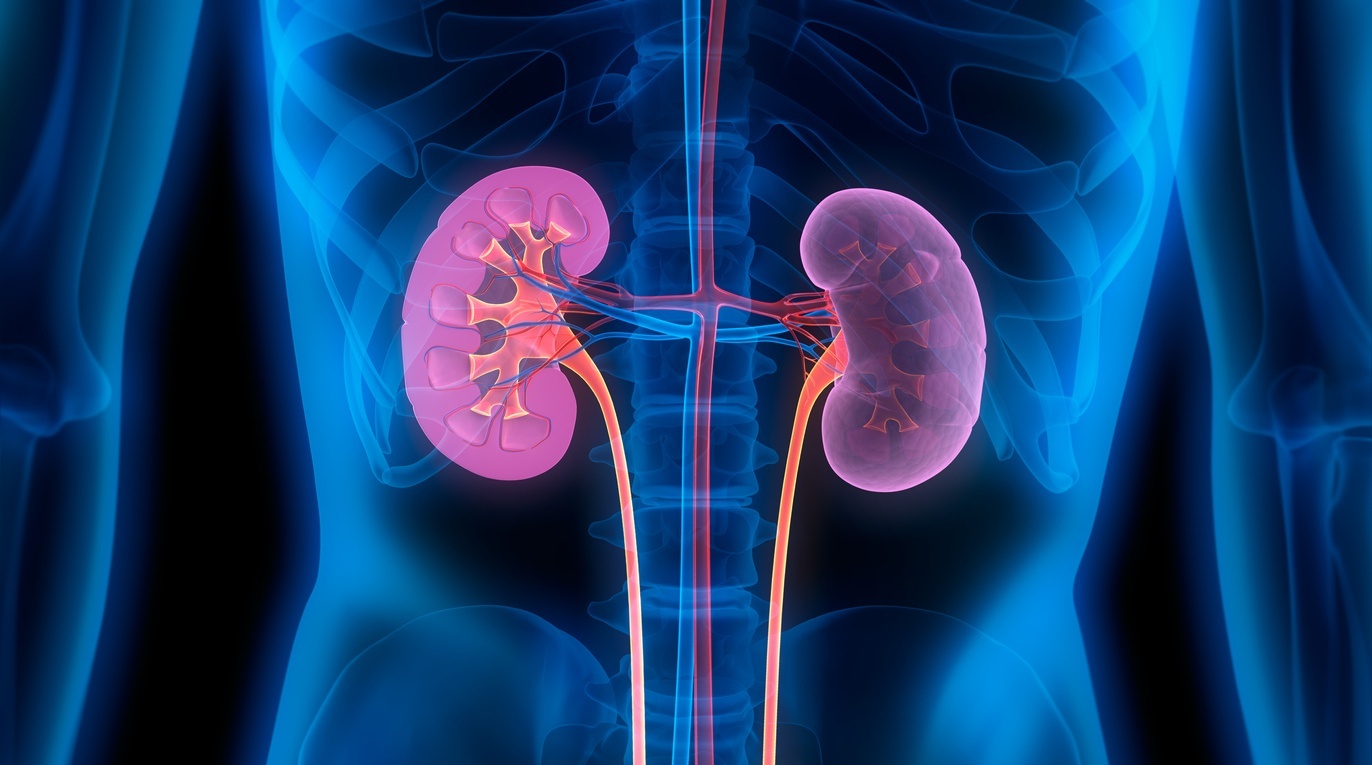Researchers from the University of Minnesota’s School of Public Health (SPH) and Medical School found that young adults (aged 27-41) who experienced kidney function decline tended to have accelerated progression to more severe chronic kidney disease (CKD) and higher risk of cardiovascular disease and death in their middle age, according to a new study, published in the Journal of the American Heart Association.
“These findings add to increasing evidence that maintaining healthy kidney function throughout one’s life is important for cardiovascular health and healthy life expectancy,” said lead study author Yuni Choi, a postdoctoral researcher at SPH.

The researchers examined data from 4,382 people participating in the Coronary Artery Risk Development in Young Adults (CARDIA) cohort study, tracking test results over a period of 20 years. Study participants ranged in age from 27-41, with an average age of 35 when the study began. Importantly, the researchers tracked the rate at which people in the study progressed through levels of risk for CKD. The key findings of the study are:
- About 28% of people progressed to a higher CKD stage over the course of the two-decade study.
- Higher CKD categories in young adulthood were associated with a greater risk of later experiencing cardiovascular events, including heart attack, stroke, heart failure, or death.
“This study reinforced the fact that young adulthood is a really critical time for clinical attention to the state of the kidneys,” said study co-lead author David R. Jacobs, a professor at SPH. “People who started with a higher CKD stage were more likely to progress to more advanced CKD stages much faster than their peers who started with no CKD or a milder stage of it.”
Another interesting result that the researchers found was that the association of CKD stages with cardiovascular disease but not death was explained to some extent by several risk factors, particularly hypertension and diabetes. Whether identified with such other risk factors or in isolation, the findings imply that excess albumin excretion is an early warning sign for future disease.
“These findings indicate that routine monitoring, including of urinary albumin excretion, starting in young adulthood holds promise for initiating and reinforcing prevention of kidney disease, cardiovascular disease, and even death,” according to study corresponding author Daniel Duprez, a professor in the U of M Medical School.

Choi also noted that “This study is unique because it follows a younger population of people over 20 years to track their progress from No CKD or early stages of CKD and linked it with change in CKD stages as well as the risk of incident cardiovascular disease and all-cause mortality while controlling for important confounding factors. This is distinguished from previous kidney studies that primarily focused on older adults or high-risk patients and relied on a single kidney measure.”
The researchers plan to expand on this study to further explore risk factors for CKD progression. They will also conduct a study to analyze racial disparities in CKD disease and surrounding issues.
The CARDIA study is conducted and supported by the National Heart, Lung, and Blood Institute in collaboration with the University of Alabama at Birmingham, Northwestern University, the U of M and Kaiser Foundation Research Institute.

